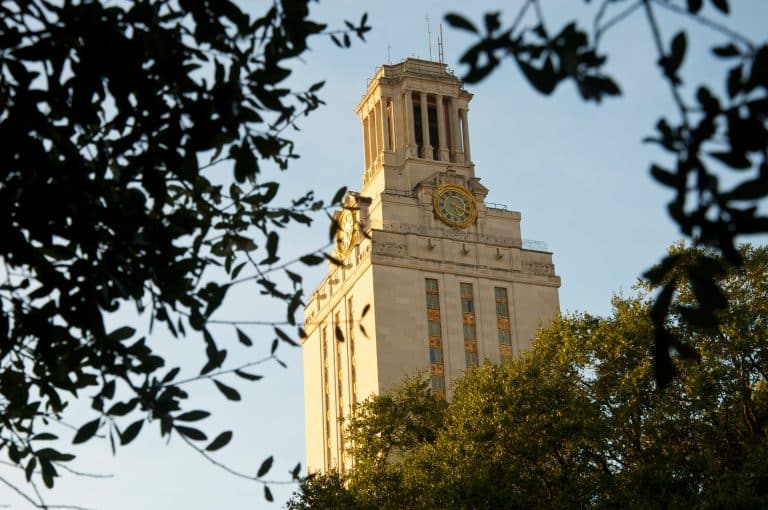When the COVID-19 pandemic first started, many colleges and universities enacted test-optional admissions policies. “Test-optional” is exactly what it sounds like – it means that submitting ACT or SAT scores is optional when applying to that particular school. Some colleges have always had test-optional policies, which makes them a great fit for students who might not consider themselves strong test-takers! By and large, though, the shift towards test-optional admissions was a result of the pandemic since lockdowns and restrictions disrupted testing schedules. As pandemic restrictions have eased, many have wondered if these test-optional policies would remain. Now, it’s becoming more likely that the answer is no, as schools are beginning to reinstate their testing requirements. Some top schools are already moving away from test-optional policies, and more are likely to follow.
In February of this year, Dartmouth College became the first Ivy League school to reinstate testing requirements since the pandemic began. Dartmouth’s decision came after a study conducted at the behest of the university’s president concluded that standardized test scores “are highly predictive of academic performance at Dartmouth.” When the decision was announced, Dartmouth officials stressed that this was “an institutional question,” not a reflection of the admissions process generally. Despite this, Dartmouth’s decision raised questions about the future of test-optional admissions at other top universities.
Soon after, Yale’s admissions office also announced they would be moving away from test-optional admissions. However, unlike Dartmouth, Yale decided to instate a “test-flexible” policy instead. Under this policy, test scores are required; however, ACT or SAT scores may be replaced with AP or IB exam scores. In March, Brown also announced that they were reinstating ACT/SAT requirements for applicants. These changes are starting to expand to elite schools beyond the Ivy League, too; most recently, the University of Texas at Austin decided to reinstate standardized testing requirements. For UT, this is part of a larger slate of changes to their admissions process that also includes changes to the required application essays.
Not every elite school is going back to testing requirements so soon, however. Harvard University is committed to its test-optional policy at least until 2030. As some universities do change their policies, though, debates about standardized testing are returning to the foreground. Those who oppose requiring test scores have argued that ACT/SAT scores are correlated with socioeconomic status, and requiring these tests puts lower-income students at a disadvantage in admissions. However, proponents of these tests, including officials at the schools that have recently reinstated their testing requirements, still consider ACT/SAT scores to be an indicator of a student’s potential to succeed in college. Additionally, Dartmouth and Brown admissions officers have stated that, under a test-optional policy, many students (particularly those from disadvantaged backgrounds) actually hurt their admissions chances by choosing not to submit test scores when they would have benefited their applications. Overall, while some schools might keep their test-optional policies, recent trends and data suggest that more schools are likely to reinstate their testing requirements soon.
As a high school student or the parent of one, the question I’m sure you have now is, “what does all of this mean for me?” These are big changes, and it’s reasonable to have questions – that’s what you can count on us for!
At The Enrichery, we’ve always encouraged students to prep for the ACT or SAT and submit their scores, even to test-optional schools. A great test score only helps your application! Now, as more schools change their policies, preparing for the ACT or SAT is even more crucial. What happens if your dream school suddenly reinstates its testing requirements sometime between now and this fall, and you haven’t taken or prepared for either test?
For current juniors, opportunities to take the ACT or SAT before senior year are slowly running out. At The Enrichery, we recommend starting to prepare for these tests about 4 months in advance – our Test Prep program is 16 weeks long. With that in mind, juniors who haven’t taken either test yet should start preparing for the July ACT ASAP! For current freshmen and sophomores, the situation is less urgent, but you should still consider Test Prep or Pre-Test Prep over the summer to get a jumpstart on admissions. To learn more, contact us today! We’re happy to help and answer any questions you may have about standardized testing or college admissions.





